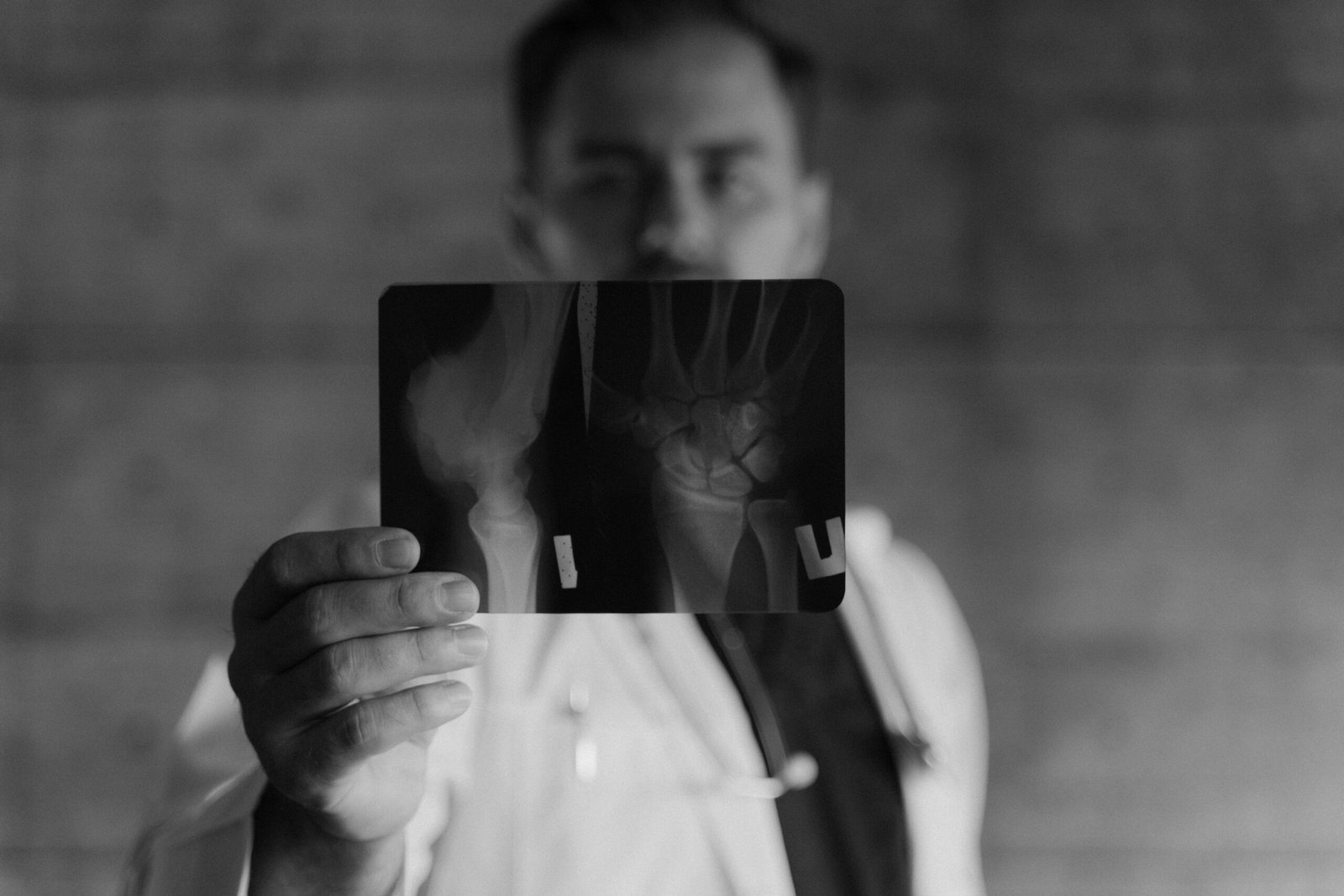When to See an Orthopaedic Surgeon: Early Signs You Shouldn’t Ignore
Orthopaedic issues can develop gradually or strike suddenly, but in both cases, early intervention often leads to better outcomes. While many people live with joint or muscle pain for weeks—or even months—hoping it will resolve on its own, there are times when seeing an orthopaedic surgeon is not only recommended, but necessary.
Understanding the early warning signs can help you avoid long-term damage and get the care you need to maintain your mobility, independence, and quality of life.
1. Persistent Joint or Bone Pain
Aches and pains are part of life, especially after physical activity, but pain that lingers for more than a few weeks is worth investigating. Chronic pain in the knees, hips, shoulders, or back may indicate an underlying orthopaedic condition such as arthritis, tendonitis, or joint degeneration.
If over-the-counter medication, rest, or physiotherapy haven’t provided relief, an orthopaedic assessment is the next step.
2. Limited Range of Motion or Stiffness
Difficulty bending your knee, rotating your shoulder, or turning your neck may point to joint or soft tissue issues. Stiffness that interferes with everyday tasks—like climbing stairs, getting dressed, or reaching overhead—can be a sign of joint inflammation, early arthritis, or cartilage damage.
An orthopaedic surgeon can assess the root cause and recommend appropriate treatment, whether that’s physiotherapy, injection therapy, or surgery.
3. Swelling That Doesn’t Improve
Occasional swelling after activity can be normal, but persistent or unexplained swelling—especially in joints like the knee, ankle, or wrist—may indicate internal inflammation or injury. Swelling that worsens or returns frequently should be evaluated to rule out ligament damage, bursitis, or joint fluid buildup.
4. Difficulty Walking or Bearing Weight
If pain causes you to limp, shift your weight, or avoid putting pressure on one side of your body, you may have a more serious orthopaedic issue. These symptoms can signal joint instability, cartilage injury, or a fracture. Continuing to walk on an unstable or injured joint can lead to further damage.
5. Numbness or Tingling in the Limbs
While often associated with neurological issues, numbness or tingling in the arms, hands, legs, or feet can also be caused by orthopaedic conditions such as herniated discs, nerve compression, or carpal tunnel syndrome. If the sensations are persistent or worsening, it’s essential to get a proper diagnosis.
6. An Injury That Isn’t Healing
Whether it’s a sports-related injury or a fall at home, minor injuries should gradually improve with rest and basic care. If you’ve been dealing with ongoing pain, swelling, or weakness after several weeks—or if the issue recurs—it’s a sign something deeper may be going on.
Orthopaedic surgeons are trained to detect subtle damage that may not show up on basic scans and can offer advanced imaging and targeted treatment plans.
7. Visible Deformity or Instability
Any visible changes in the structure of a joint or bone—such as a protruding bone, joint misalignment, or sudden instability—should be examined promptly. These signs may indicate a dislocation, fracture, or severe degeneration that requires specialist intervention.
Why Early Evaluation Matters
Many orthopaedic conditions respond well to conservative treatment if diagnosed early. Waiting too long can lead to worsening symptoms, reduced treatment options, and longer recovery times. An orthopaedic surgeon like Dr. Alexander Graves can not only identify the underlying issue but also help you understand the full range of options—from physiotherapy and injections to minimally invasive surgery.
Conclusion: Listen to Your Body
Ignoring pain or pushing through discomfort may seem like the easiest path—but it’s not the wisest. If you’re experiencing any of the signs above, it may be time to consult an orthopaedic specialist. Early diagnosis and treatment can help you avoid more serious problems down the line and keep you moving comfortably through life.
If you’re unsure whether your symptoms warrant a visit, our team is here to help. Contact us today to discuss your concerns or book a consultation with Dr. Graves.


